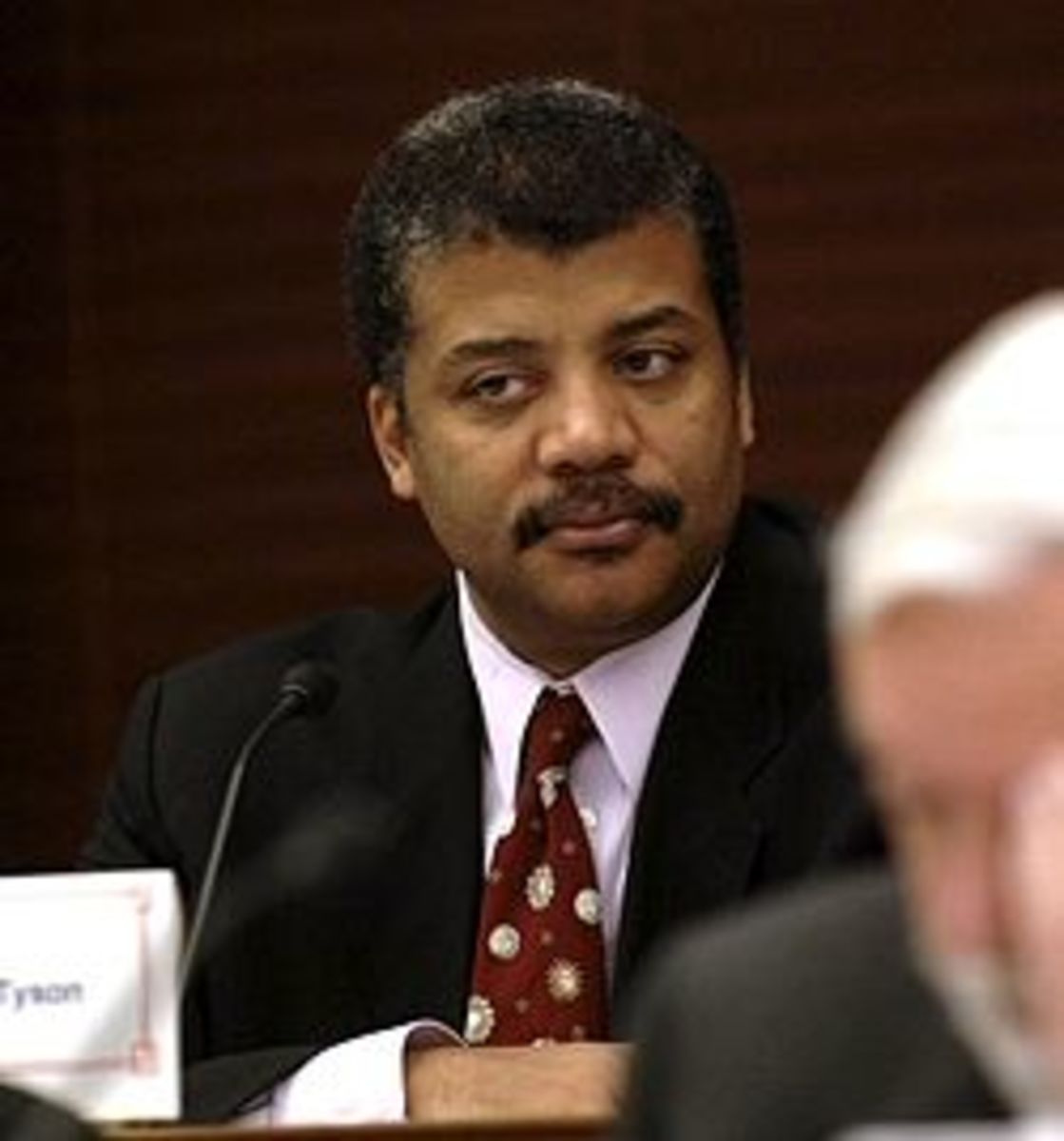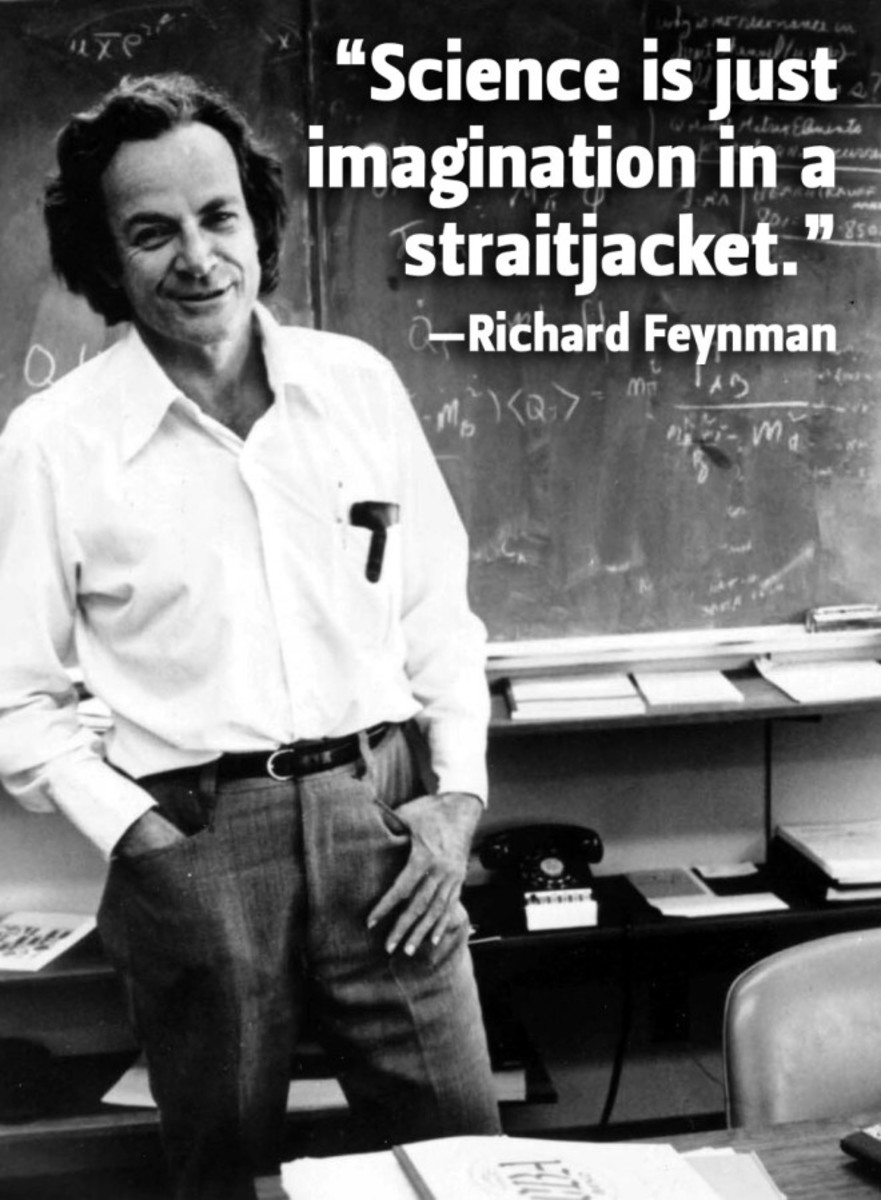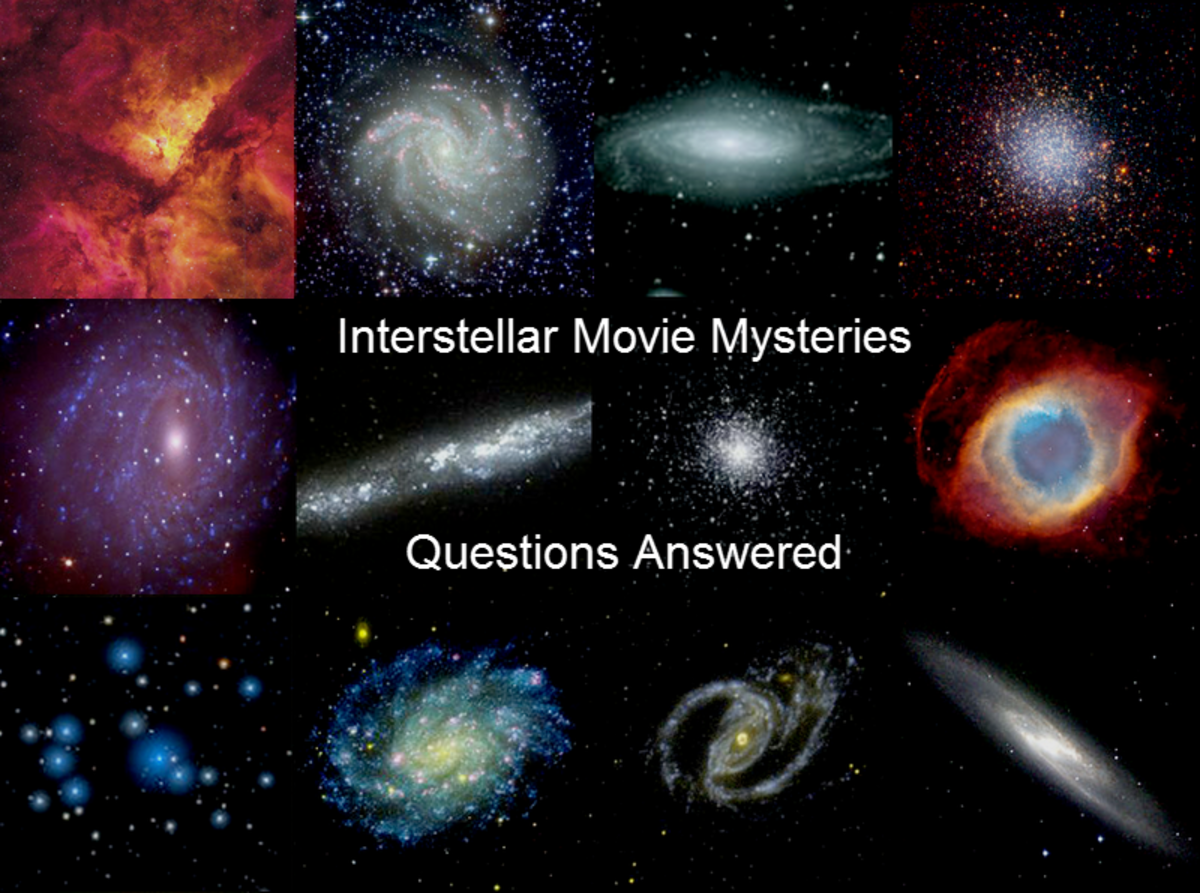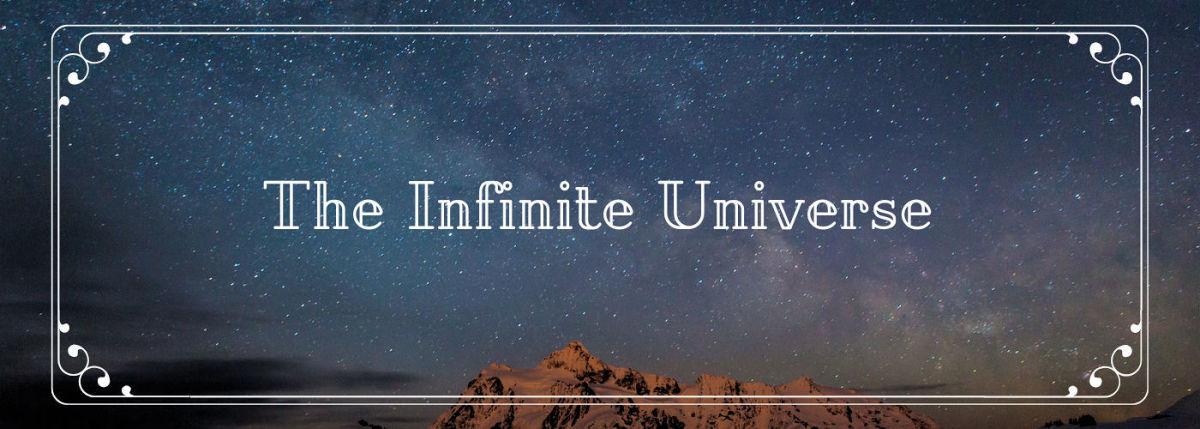Why You Should Watch Cosmos
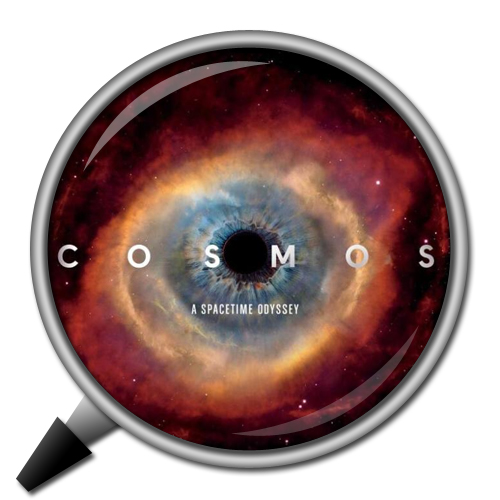
I’ve been a fan of Neil deGrasse Tyson for some time now. It started with his ‘we’re dealing with a badass’ meme and continued with his unapologetic love of science, as illustrated whenever he was a guest on an interview show. I first heard about Cosmos: A Spacetime Odyssey on one such interview show and it came with a heartwarming story about a young Neil deGrasse Tyson visiting Carl Sagan, who was the host of the original Cosmos series. It felt like the next step in scientific awareness and I knew, instantly, that I had to watch this show. After having seen it, I can now say that you should too.

Modern Mythology
One of the first things that sets this new version of Cosmos apart is its wonderful use of special effects. With the financial backing of Seth MacFarlane (of Family Guy fame) they were able to render truly breathtaking visuals of cosmic concepts and microscopic ecosystems here on Earth. However, as great as these computer generated graphics are, something else stood out to me more. In each episode there are short ‘cartoons’ that depict the story of a famous scientist. Some are centuries old, others within the last fifty years, but they all contributed something important to our understanding of the world around us. It’s a brilliant way to give credit to some lesser known scientists (particularly women) who have otherwise been forgotten in history textbooks. But, even more so than that, it creates a certain sense of narrative and mythology to these characters.
I frequently described these cartoon shorts as ‘religious’ in feel, not because they had a religious message, but because they borrowed the storytelling methods that work so well for religion. It struck me as such a brilliant idea because one of the hardest parts about science is understanding all the facts that have suddenly been laid out before you. Without following the thread of logic that led to certain conclusions, they are much harder to comprehend. Not only do these cartoons break down discoveries to make them digestible, it does so in a way that makes them relatable and memorable at the same time. Considering how popular religion continues to be today, I’m happy to see science borrowing some of its narrative power to help spread knowledge and understanding, while giving credit to some truly important individuals.

No Sugar-Coating
Scientific conclusions are based on evidence and testing. They’re impartial in the sense that numerous different people could observe the same data, perform their own tests, and come to the same results. Our modern understanding of the universe (the basis for Cosmos) comes from these common tests and conclusions. Cosmos excels in this category because it presents this scientific reasoning for a number of different topics that would be otherwise controversial (like evolution and climate change). But it also admits when it doesn’t have any answers (like what happens beyond an event horizon). Our knowledge of the universe is incomplete, but what we have already learned is endlessly fascinating and priceless in its implications.
Nowhere is this matter-of-fact attitude more prevalent than in Cosmos’s ‘halls of extinction’. Rendered as a literal museum of extinction events on Earth (like the death of the dinosaurs) it paints a grim picture of what could befall humanity. This gut-punch of reality can seem depressing at first glance, but it can also be seen as a sign of hope. Humanity, unlike the life-forms that previously experienced mass extinction, has the knowhow and ingenuity to prevent such a thing from happening again. That spark alone is enough to put us in a unique position in the Earth’s history, but also the history of the universe. Kind of makes you feel small and big at the same time; which is a good way to describe this show as a whole.

Easy to Understand
As I said in the section about famous scientists, it’s easy to get overwhelmed by all the different ‘gears’ of science. A perfect example is one area of science that I didn’t personally understand before watching this show. Every once in a while I’ll read an article about how scientists discovered a new planet that has water on it, or how far away planets are all rock or all gas. With the exception of our own solar system (which we have better pictures of) all distant planets are little more than dots in our telescope. So, I wondered, how do we know what those planets are made of?
Cosmos never explicitly set out to answer this question, but ended up doing it in passing through its explanation of how we perceive light particles. As we know, when split through a prism, light becomes a rainbow of color. This rainbow, while pretty, can tell us a lot about where those specific light particles came from. With the aid of a telescope we can actually see the ‘shadow’ left behind by an atom. The arrangement of these shadows (seen as lines in the rainbow) tells us what sort of atoms exist on that distant light source. From that we can determine if it was water, gas, or rock, allowing us to approximate the surface of a distant planet. Obviously my understanding of spectroscopy is limited, but the only reason I learned any fraction of it is because Cosmos presented it block-by-block rather than trying to dump it in my lap all at once. And in that regard, the show is instantly accessible to everyone. It isn’t a show meant for college students studying astrophysics; it’s a show for the curious, adults and children alike.
A Gateway Show
Admittedly, I did have an interest in science (particularly astronomy) before watching Cosmos. So, as I went through each episode I found myself thinking ‘but what about thus-and-such?’ I have no doubt that each installment could have been several hours long (rather than clocking in under an hour) and certainly the series could have many seasons thereafter, without ever explaining all the aspects of science. But, after I watched it, I couldn’t help but think that wasn’t the point. Much like the first series with Carl Sagan, Cosmos is but a small glimpse into something vast. It is the spark of wonder that ignites the minds of children, like it did for Neil deGrasse Tyson. No television show could ever hope to explain every aspect and corner of the scientific world, but every so often one can come along that inspires further thought. Much like staring up at the night sky, Cosmos succeeds at giving us a small view of a complex and beautiful universe.



